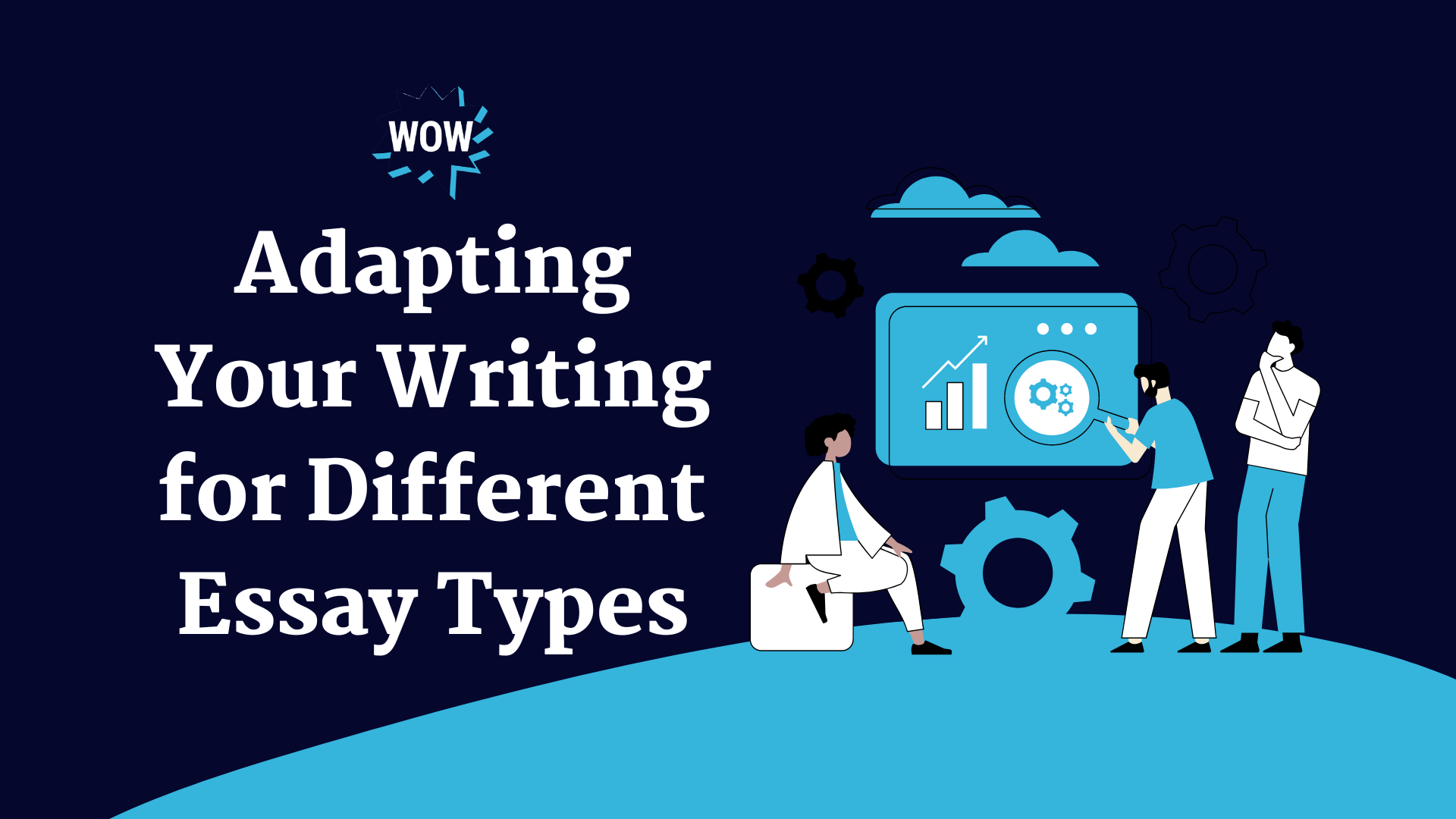
Essays require more than a list of facts or an argument. They must appeal to the audience’s emotions and intellect.
This is why taking a step back from your writing and seeing it with new eyes is important. This process is called revision, and it’s an essential part of any good essay. Before you get to the tips, we suggest that you familiarize yourself with examples of the best essays:
- Case Study On Recommendations To Improve Emergency Preparedness And Response To Natural Disasters In The United States: Community-Based Planning And Communication
- Classification Of Different Types Of Vacations Essay
- Comparison And Contrast; “The Birthmark” By Nathaniel Hawthorne And “The Yellow Wallpaper” By Charlotte Perkins Gilman Essay To Use For Practical Writing Help
- Considering The Pathophysiology Of Menopause Transition Essay Example
- Draw Topic & Writing Ideas From This Essay On The Admissibility Of Hearsay Evidence
- Ebola Case Capstone Project
- Essay On Education In Kuwait
- Essay On How Homophobia Hurts Everyone- Article Review
- Ethics In The Accounting Profession Case Study Samples
- Example Of Argumentative Essay On Discussing The Support And Opposition
- Example Of Argumentative Essay On What Is The Nature Of God?
- Example Of Case Study On “Ethos: Time To Unslave Humanity” Video Review
- Example Of Essay On A Consideration Of “Chekov And Zulu”
- Example Of Essay On Ethics Reflection Paper
- Example Of Essay On Material Culture And Social Life
- Example Of Essay On Mental Health And Physical Health
- Example Of Essay On Policing
- Example Of Poems Analysis Essay
Expository Writing
Essays presenting facts and information rather than creating a specific argument are expository. These may also be called descriptive, narrative, or persuasive essays. A student might be asked to define a term, describe a historical event, or explain why something is how it is.
It’s important to keep the audience in mind when writing expository essays. Some readers will know more about the topic than others, so a writer should ensure they provide thorough information on the subject. For example, a reader might be confused if two different sources provide conflicting information on the same topic. The writer should ensure they use scholarly sources in their research, not personal blogs or websites.
It’s also important for students to understand that they must be objective when presenting facts in an essay. This is particularly difficult in an essay about a controversial topic where one side might appear to be more biased than the other.
Narrative Writing
Many students find narrative writing easier than other essays because they are natural storytellers. They gather at the lockers to tell the latest school drama, talk about arguments with siblings, or recount the time they slept in an airplane tent beside a volcano.
Narratives have a clear point of view, usually that of the author. Creativity is often present in narratives as well. They can include figurative language, such as metaphors and similes, to add depth and meaning to the story.
Narratives generally follow a linear sequence of events that culminate in a conflict. To keep the reader interested in the story, it’s important to develop a vivid setting and use literary devices, such as suspense, authenticity, and surprise, to increase the reader’s sense of involvement with the narrative. Creating an interesting, well-rounded story with a satisfying ending is also essential. A literacy narrative essay, for example, would focus on the writer’s experiences with reading and writing.
Persuasive Writing
In persuasive writing, the writer tries to sway the reader to adopt their point of view. As in argumentative essays, persuasive writing uses personal experience, logical arguments, and an appeal to emotion to influence the reader.
For example, a persuasive essay might empathetically describe a problem to help the reader connect emotionally and then offer a solution. This strategy is known as pathos. Credibility is also an important factor in persuasive writing. For example, if the writer describes a situation they experienced or witnessed, it adds to their credibility.
Regardless of the topic, a persuasive essay should always consider other points of view. If the author of a persuasive essay can anticipate and present ideas countering the objections the reader may have, they have an increased chance of success. This is an opportunity to practice the skills of rhetoric, as described by Aristotle, including logos (reasoning), ethos (credibility), and pathos (emotional connection).
Argumentative Writing
Whether written in class or on a test, argumentative essays are all about making your position known. They are essays where students can make claims backed by research and evidence. They have to know how to support their arguments (evidence, explanations, counterarguments) and how to write a strong conclusion.
The best way to learn argumentative writing is through practice. Start by focusing on the introductory paragraph. It sets the stage by reviewing the topic, presenting background information, and stating a claim or thesis statement. Then, work on incorporating an appropriate anecdote to grab the reader’s attention and appeal to emotions.
Once students are more comfortable with the format of an argumentative essay, try having them apply the Toulmin or Rogerian model to their papers. These strategies are steeped in logic and deep analysis, best suited for complex issues that need unraveling or when an essay needs to refute opposing viewpoints piece by piece.
